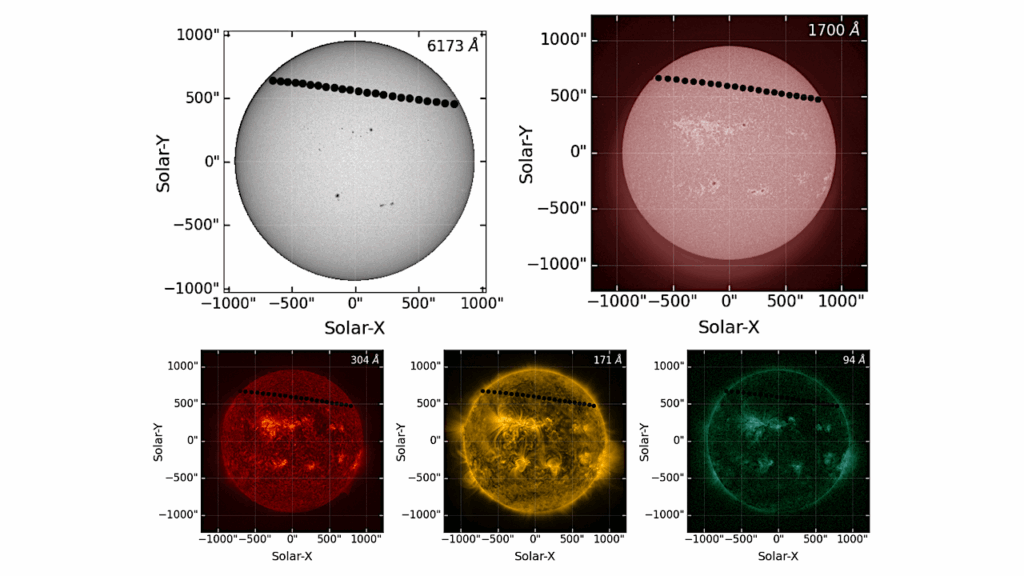Hypothesis Perspectives: Might Active Volcanisms Today Contribute To The Presence Of Phosphine In Venus's Atmosphere?

We propose an abiotic geological mechanism that accounts for the abundance of phosphine detected by Greaves et al., 2020.
We hypothesize that trace amounts of phosphides formed in the mantle would be brought to the surface by volcanism, and then subsequently ejected into the atmosphere, where they could react with water or sulfuric acid to form phosphine. To investigate the plausibility of this hypothesis, we carry out an order of magnitude calculation. We suggest that active volcanism today could produce a rate comparable to that required to produce the phosphide-source of the phosphine. Our hypothesis requires that Venus be currently experiencing a high rate of basaltic volcanism, one that is consistent with spacecraft observations and laboratory experiments.
Ngoc Truong, Jonathan I. Lunine
Comments: Submitted to Astrobiology journal on Sep 21, 2020
Subjects: Earth and Planetary Astrophysics (astro-ph.EP)
Cite as: arXiv:2009.11904 [astro-ph.EP] (or arXiv:2009.11904v1 [astro-ph.EP] for this version)
Submission history
From: Ngoc Truong
[v1] Thu, 24 Sep 2020 18:58:09 UTC (300 KB)
https://arxiv.org/abs/2009.11904
Astrobiology








